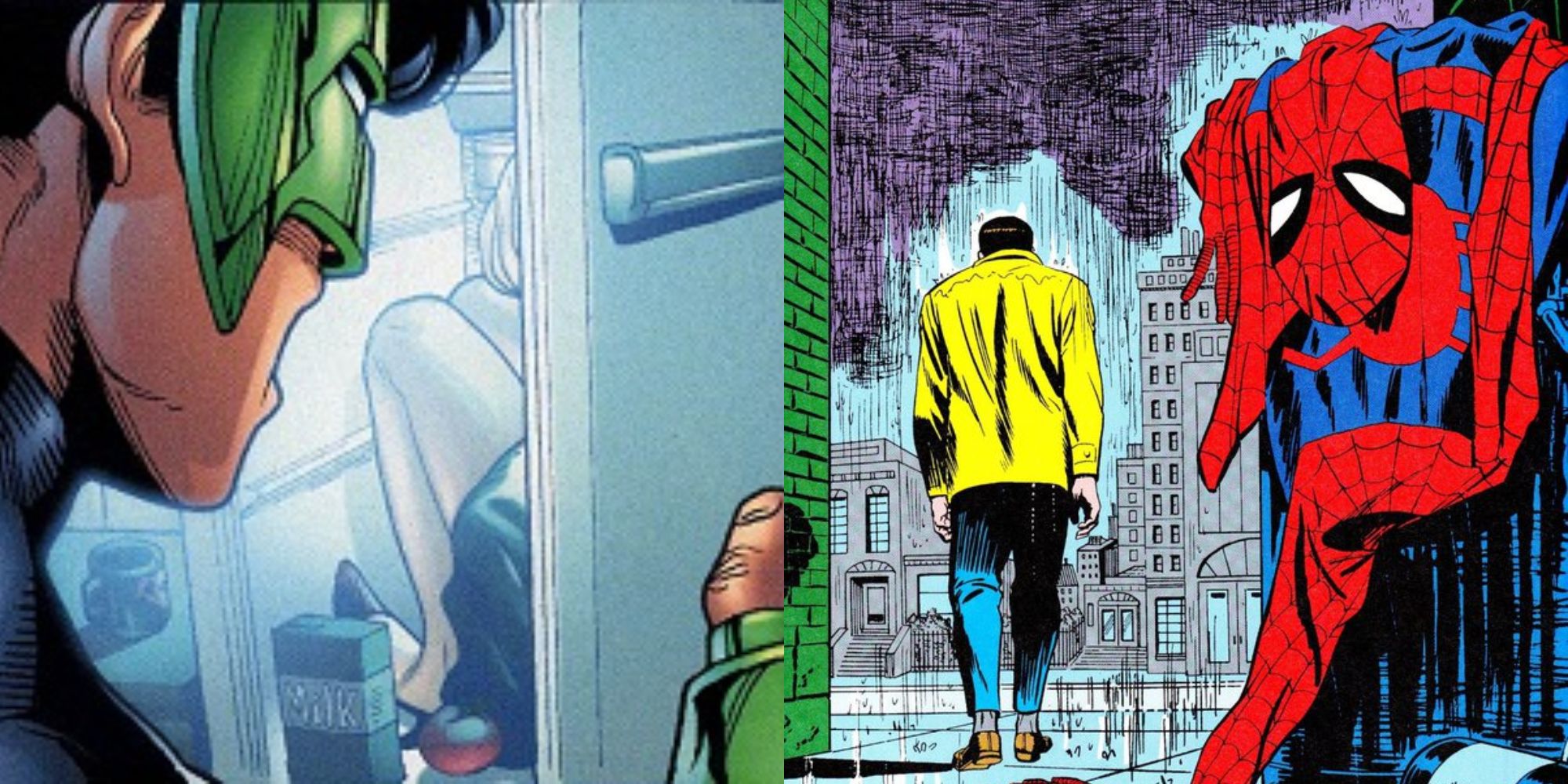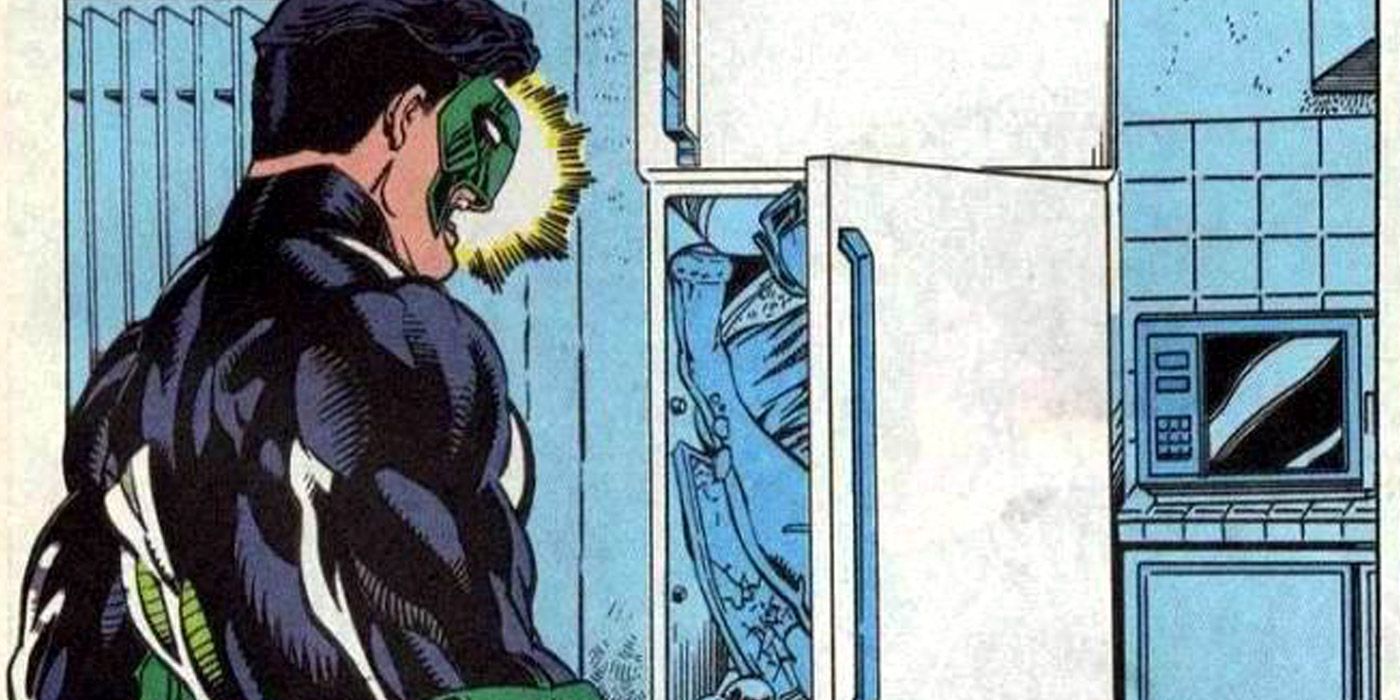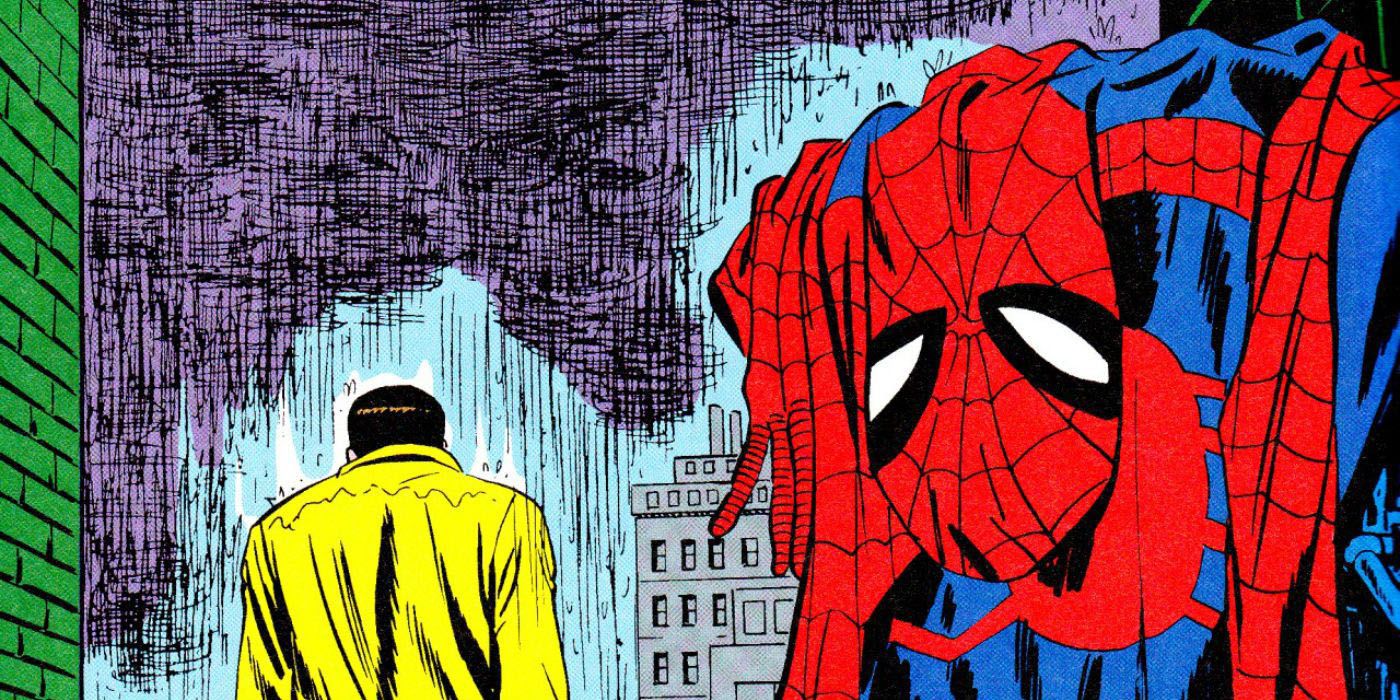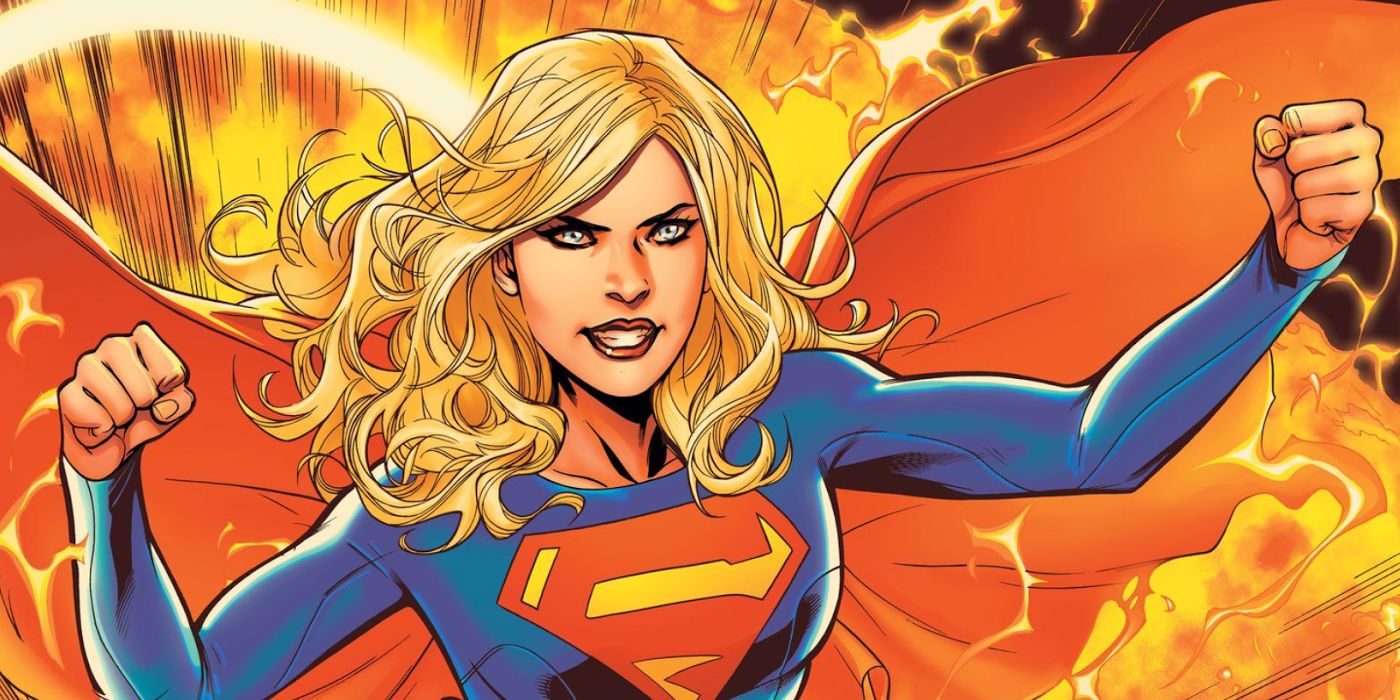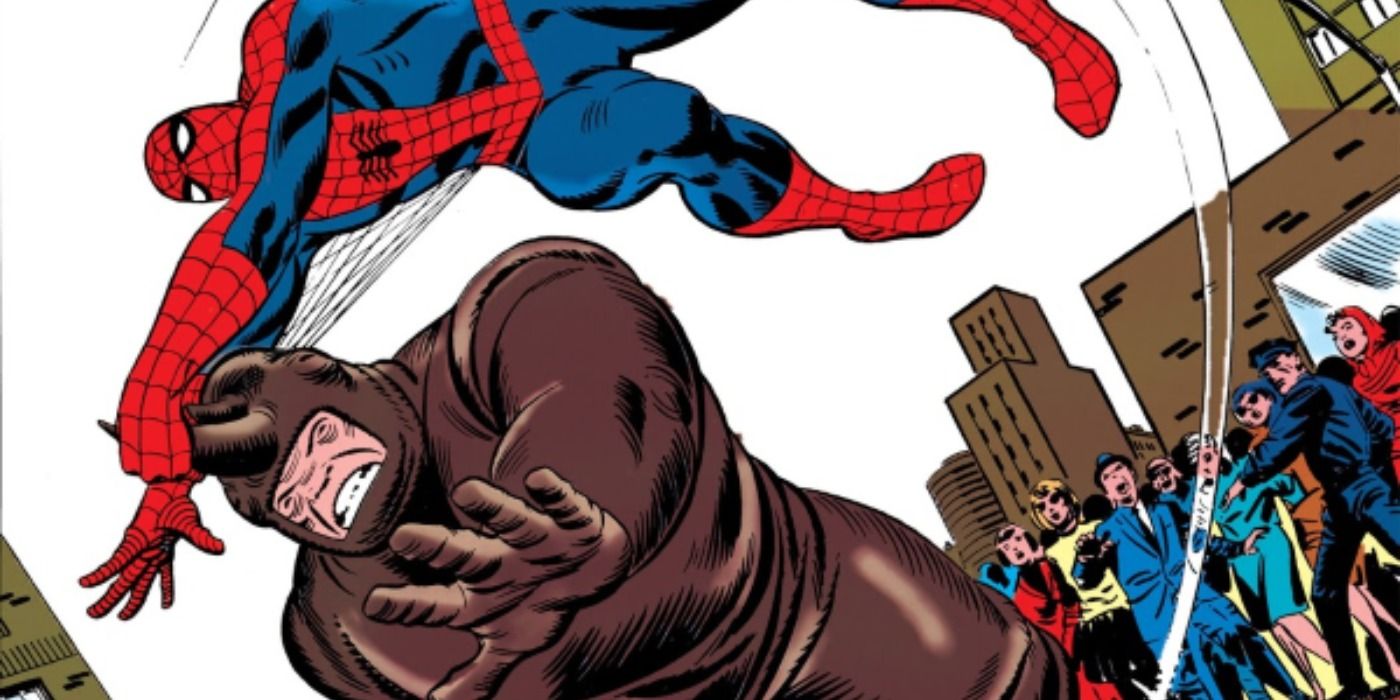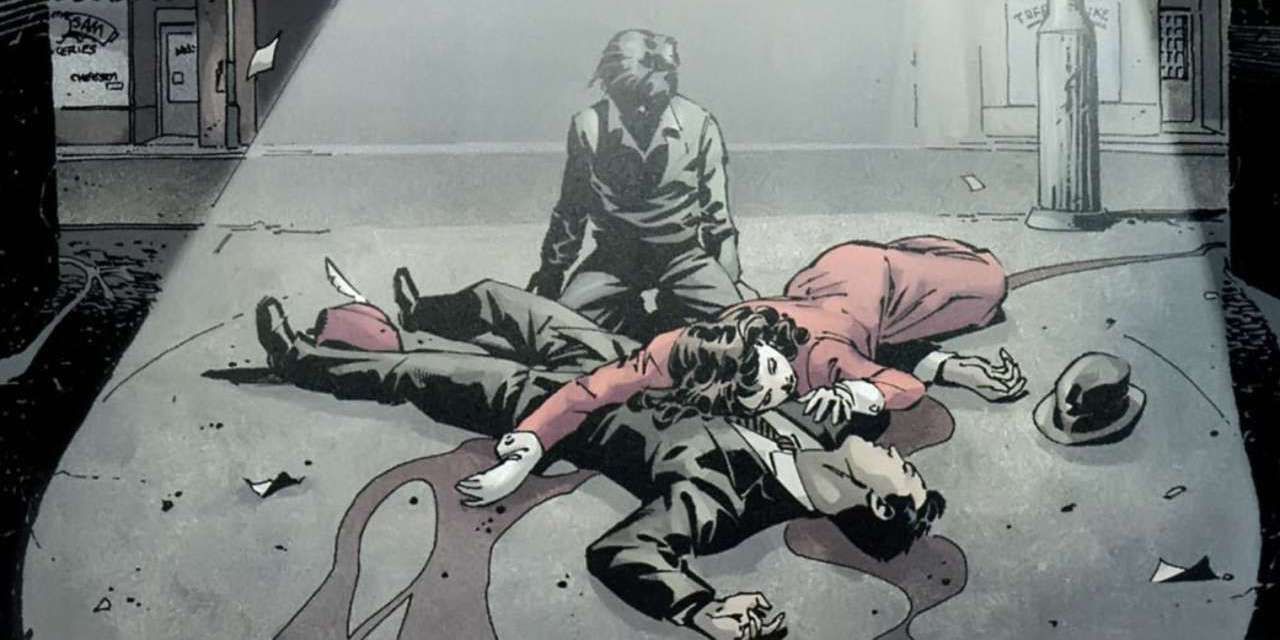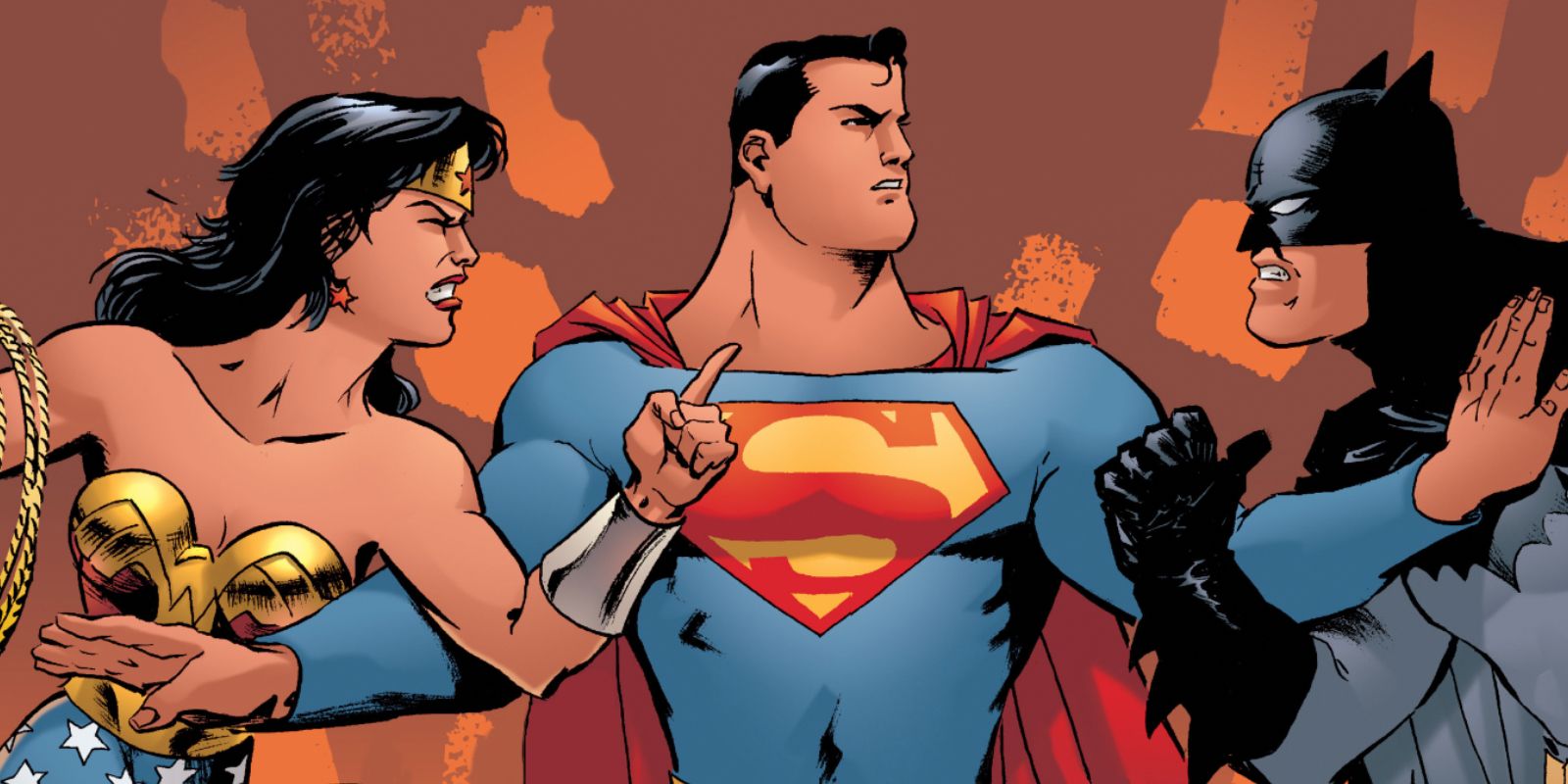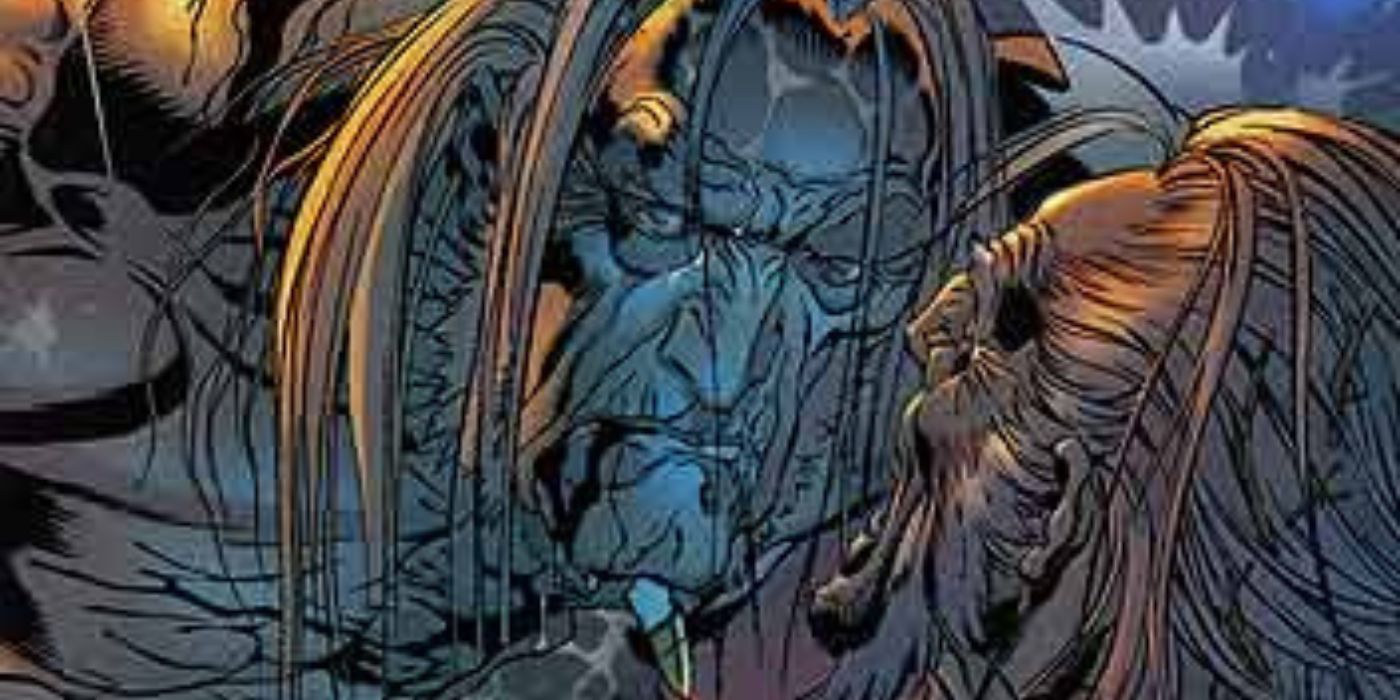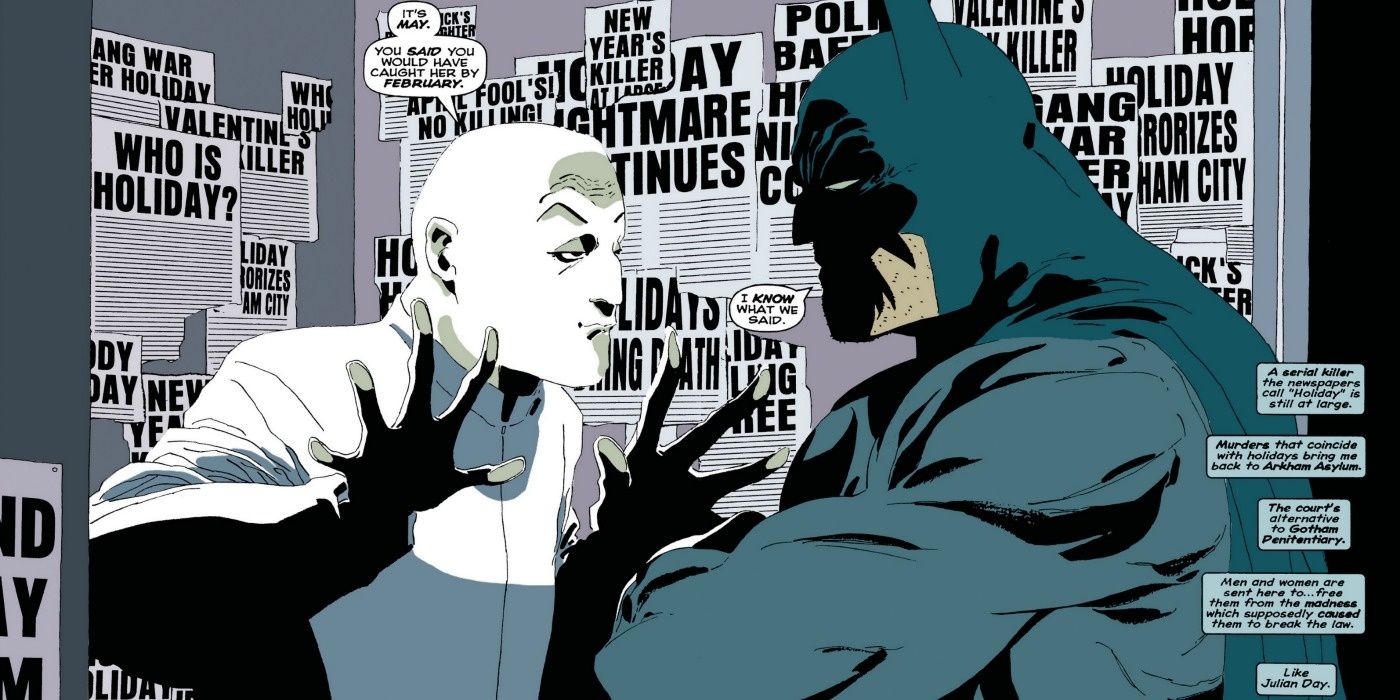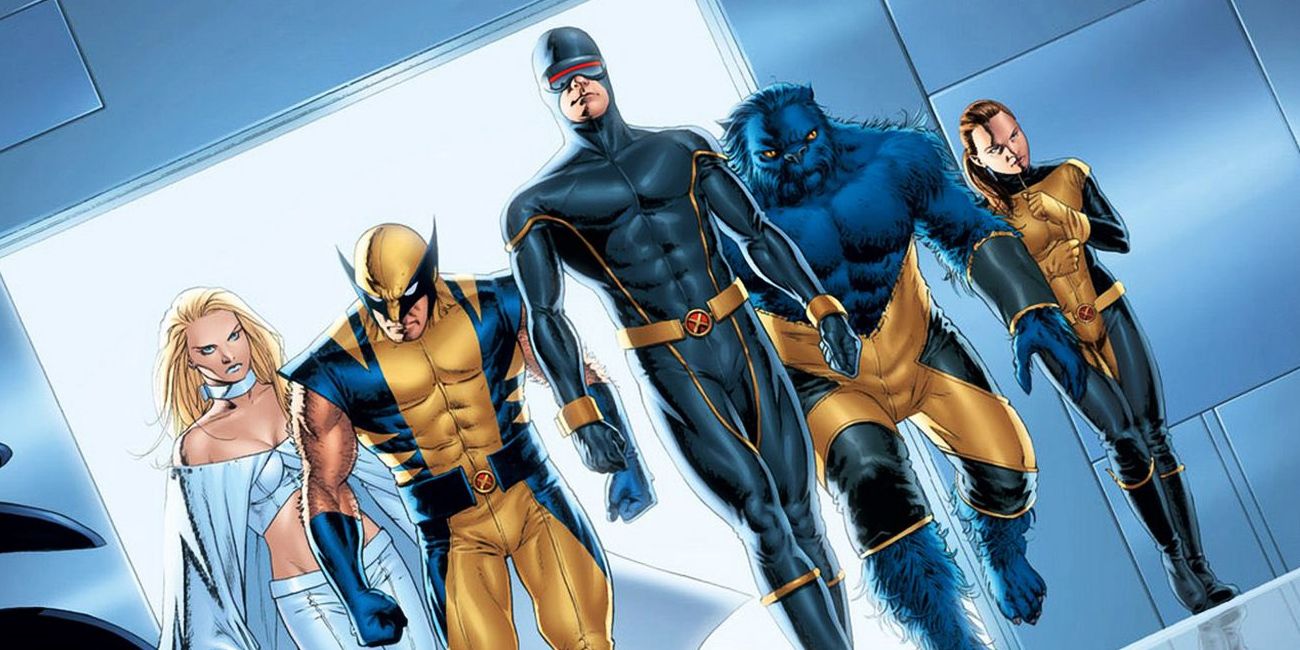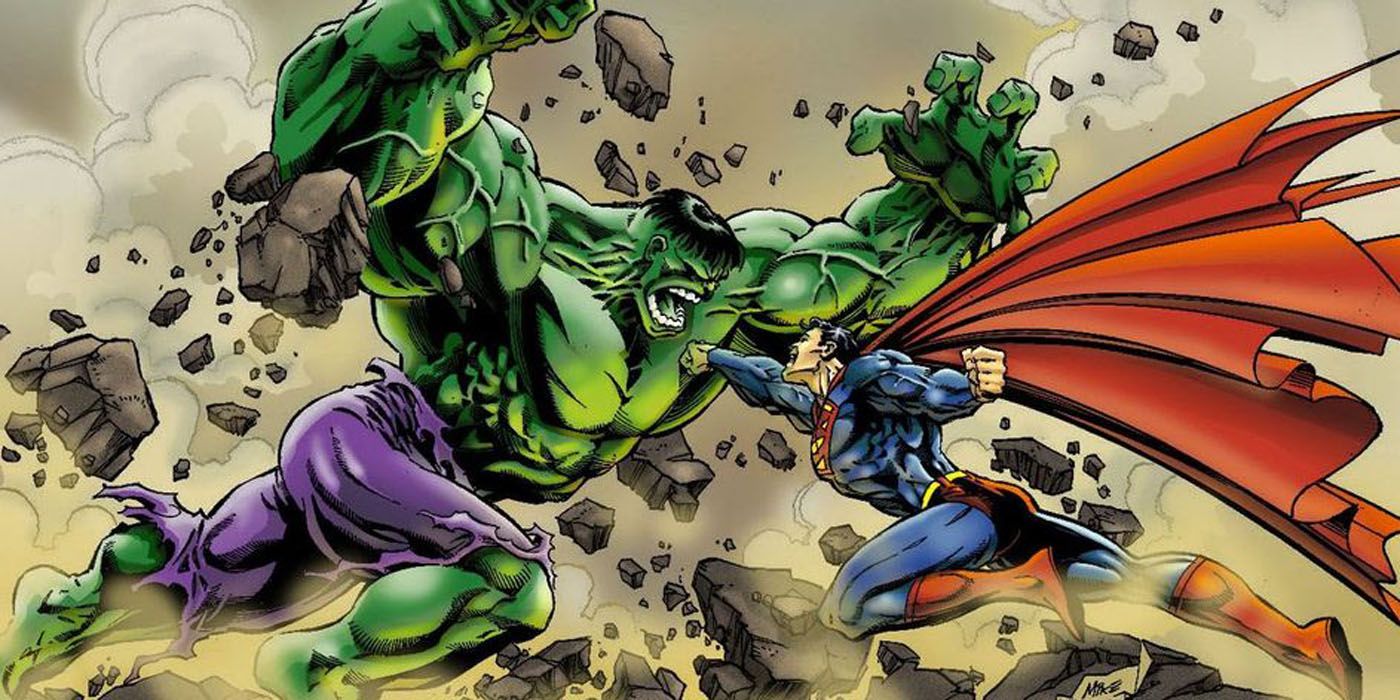As exciting as comic books are, they can also be incredibly frustrating. Whether it's confusing plots, unresolved character arcs or a lack of depth, comics publishers are rife with titles that too often squander the medium's creative possibilities.
Perhaps the most frustrating thing about comics are the tropes that writers return to again and again. One would think that the limitless possibilities of the medium would result in stories that don't rely on tropes from movies and television, yet this isn't the case. Readers are treated to all sorts of clichés which bog down the joy comics have to offer, and critical comics fans among Reddit users have expressed which ones vex them the most.
Fridging
Coined by writer Gail Simone, "fridging" is the process of killing or maiming a female character to motivate a male superhero. The term itself refers to an incident in Green Lantern #54 when Kyle Rayner goes into his apartment to find that his girlfriend had been murdered and stuffed into his refrigerator.
Even beyond the clearly misogynistic nature of this trope, Reddittor catsails points out that fridging is "just lazy writing." It's because of these aspects that the trope has thankfully seen less use in modern comics, though it still regretfully crops up from time to time.
Temporary Loss Of Powers/Brought Down To Normal
While the use of this trope has resulted in great superhero movies like Spider-Man 2, its use in comics has a far less successful track run. This is especially true when the loss of powers comes out of nowhere or is the result of a one-size-fits-all power dampener.
So despised are the use of power dampeners in comics that Redditor Some_Personality8379 started a whole thread to express their distaste for the trope. In their eyes, this overreliance on power dampeners makes "the powers feel man-made rather than something biological." It's a well-put point.
No One Stays Dead
As Reddittor vivvav asserts, "Frequent, guaranteed resurrections that happen within a year or two of the character's death" are the worst. So frequent is this trope that it has been poked fun at in multiple pieces of television media.
While there's debate on whether these types of deaths and resurrections are more egregious than those for characters who have been dead for a longer period of time, the fact of the matter is that readers are sick of the constant resurrections. It cheapens the sacrifices these characters have made, as evidenced by the number of Marvel characters who came back to life in 2021.
Cover Art That Has Nothing To Do With The Story
Whether it be variant covers or "Stupid, irrelevent hooks on the cover" as Reddittor DJToastyBuns put it, misleading cover art is an issue for many readers. No one wants to pick up a book with the Rhino on the cover, only to find out he doesn't even show up until the last panel.
Misleading covers are by no means the worst comic trope in the world, but they're commonality is what makes them so annoying. As time has gone by, it seems that comic book covers have had less to do with a book than they once did back in the Golden or Silver Age. Don't expect this to change anytime soon.
Dead Parents
While there are some comic book characters with living parents — Batgirl, Nightcrawler, Wonder Woman, for a few examples — a vast majority are deceased. The reason for this varies, but Reddittor Jiffletta observed that it ensures that heroes "have no safe home to return to, so they must journey out to grow and achieve their heroic destiny."
While this can be a great motivating factor for characters like Batman and Spider-Man, it isn't required for every hero. Some characters don't require personal tragedy to be altruistic and to have agency. Related to this, the dead parents trope can be considered insulting because it treats parents as plot devices rather than characters.
Heroes Fighting Before Teaming Up
A notorious trope that has crossed over into movies such as Batman v Superman, this story beat has been around since the 1960s, yet very rarely been advanced since then. As noted by Reddittor catsails, "it feels like nothing but idiot strong men pounding their chests. Is this what people want to read?"
While this trope has been used effectively in stories such as "Civil War," it has by and large remained an eye-rolling cliché. Even when based around ideological differences rather than a simple misunderstanding, the conflicts often fall flat.
Long Lost Relatives
In a recent thread from Redditor robber19, they ask "Is anybody else tired of the 'long lost family sibling' trope?" The answer is a resounding yes.
While the trope offered up some fun & interesting storylines for characters such as Cyclops with his brother Havok, subsequent revelations have had nowhere as great an impact. Even when writers do something original with the trope, it still garners groans because of how common these storylines are.
Needlessly Drawn-Out Mysteries
These are two separate tropes, but they're linked together because of how they relate to each other. In the event that a mystery is drawn out beyond its natural conclusion, there's often a chance that the reveal will come out of nowhere because the writer felt they had to change the story to catch audiences off guard.
According to Redditor nalydpsycho, the worst conclusion these types of mysteries can take is when "the big reveal leaves me asking 'who?'" It's not hard to see why, though one would think writers would know better than to resolve a mystery with an empty revelation.
Return To The Status Quo
One of the most egregious tropes in the comics medium, the return to the status quo is often a sign of a writer not knowing what to do with a character. While there are times when this isn't the case and is instead used to bring a character back to their roots, the frequent resets still dilute any spirit of creativity and dampen character growth.
A deleted Redditor put it best when they said, "You really can't connect with these characters anymore because you know they will always [revert] back" to their old self. Even if one believes that the reader can still engage with a character despite the constant return to the status quo, there's no denying that the trope has stymied any long-lasting change.
Seasonal Crossovers/Events
Though there are a number of reasons readers are sick of events comics, the big one has to do with character development. Usually, the crossover style of comics like Civil War II are crowded with characters and plot beats that sidetrack any one character's solo title. The fact that these types of stories put a hold on the main threads for each book makes them all the more pointless and frustrating.
Perhaps a now since deleted Reddit user sums it up best. Events are the worst comic trope because "they've got no impact." Considering the frequency with which such crossovers occurs, this is undoubtedly true.

